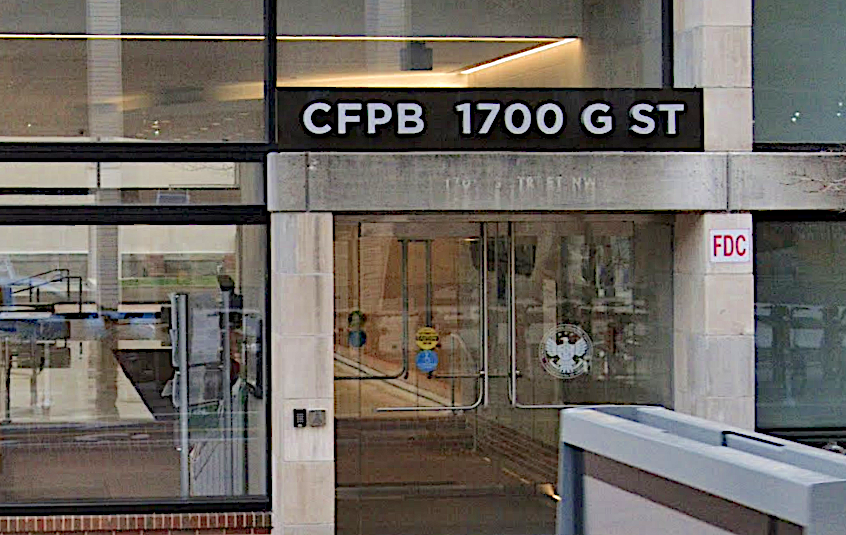New York Attorney General Letitia James and Connecticut Attorney General William Tong were among 23 attorneys general filing a brief in U.S. District Court in Maryland to argue against the Trump Administration and Elon Musk’s dismantling of the Consumer Financial Protection Bureau (CFPB). James co-led the coalition that argued in its amicus brief that dismantling the CFPB would hurt consumers and interfere with the enforcement of federal consumer protection laws.
The brief was filed in support of a lawsuit by the mayor and City of Baltimore to keep the CFPB open.
James noted that since its founding the CFPB has returned more than $20 billion to consumers through its enforcement efforts. On Feb. 9, the Trump Administration directed the CFPB to stop all its ongoing work and to not begin any new investigations. James said that since the CFPB was formed in 2011, it has worked with state attorneys general to address consumer issues related to banking, student loan servicers, mortgage servicers, auto lending, and other consumer financial matters. The CFPB and state attorneys general have worked together to stop deceptive, unfair, and abusive conduct by companies, she said.

“Eliminating the CFPB will hurt everyday people and benefit billionaires like Elon Musk and his friends,” James said. “The only reason to get rid of this watchdog agency is to protect bad actors. Working families need the CFPB, especially as rising prices are making it hard to make ends meet and put food on the table. My office is leading this coalition to help protect the agency that has protected all of us.”
In their brief, the attorneys general argue that shuttering the CFPB could prevent consumers from reporting issues of fraud or deception and would significantly reduce oversight of big banks, further harming consumers.
“One of the most significant sources of that risk is the loss of the CFPB’s statutorily mandated consumer-complaint system, which fields approximately 25,000 consumer complaints about financial products and services each week,” the brief says. The brief argues that if the Civil Penalty Fund that the CFPB administers is eliminated, “thousands of state residents will be deprived of awarded monetary relief planned to be distributed from the Fund.”
The attorneys general pointed out the CFPB brought an administrative enforcement action against a company called Tempoe that was found to have deceptively leased items to consumers who believed they were purchasing the goods. Distribution by CFPB of more than $192 million to the victims of this scheme only began this past October but has now abruptly stopped.
“Defendants’ actions to dismantle the CFPB have already begun to harm the States by suddenly increasing the burden on them to protect their residents through both enforcement and supervision of the financial industry,” the brief says. “The loss of CFPB’s partnership has concrete and far-reaching implications: from collaborating on supervisory examinations, to sharing of complaints and trend data, to providing training, to partnering on joint investigations and litigations, the CFPB has been a force multiplier for States’ consumer-protection efforts. Absent a preliminary injunction to prevent the sudden loss of these significant contributions, the States will be unexpectedly stretched.”
In addition to New York and Connecticut, the brief was signed by the attorneys general of Arizona, California, Colorado, Delaware, Hawaii, Illinois, Maine, Maryland, Massachusetts, Michigan, Minnesota, Nevada, New Jersey, New Mexico, North Carolina, Oregon, Rhode Island, Vermont, Washington, Wisconsin, and the District of Columbia.





















